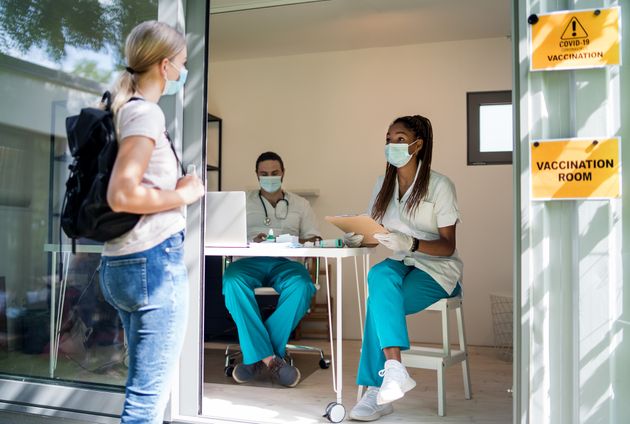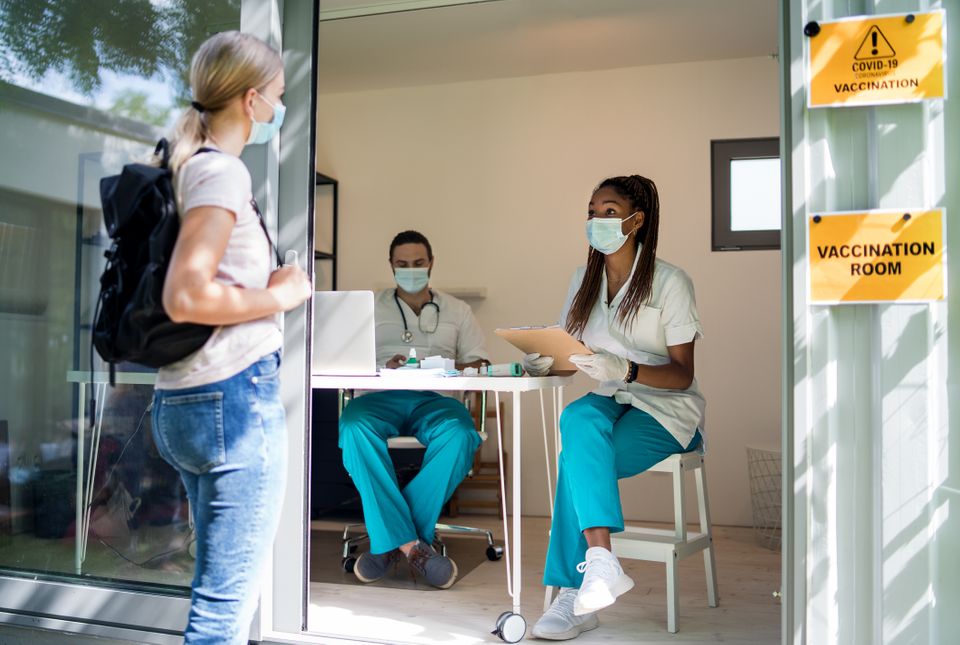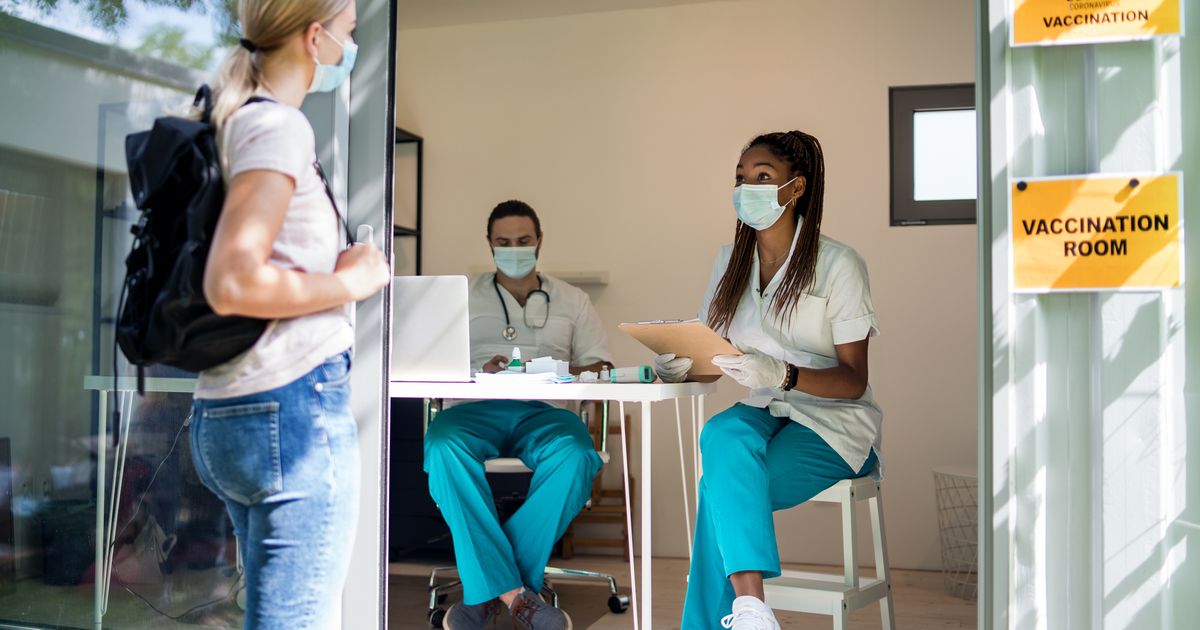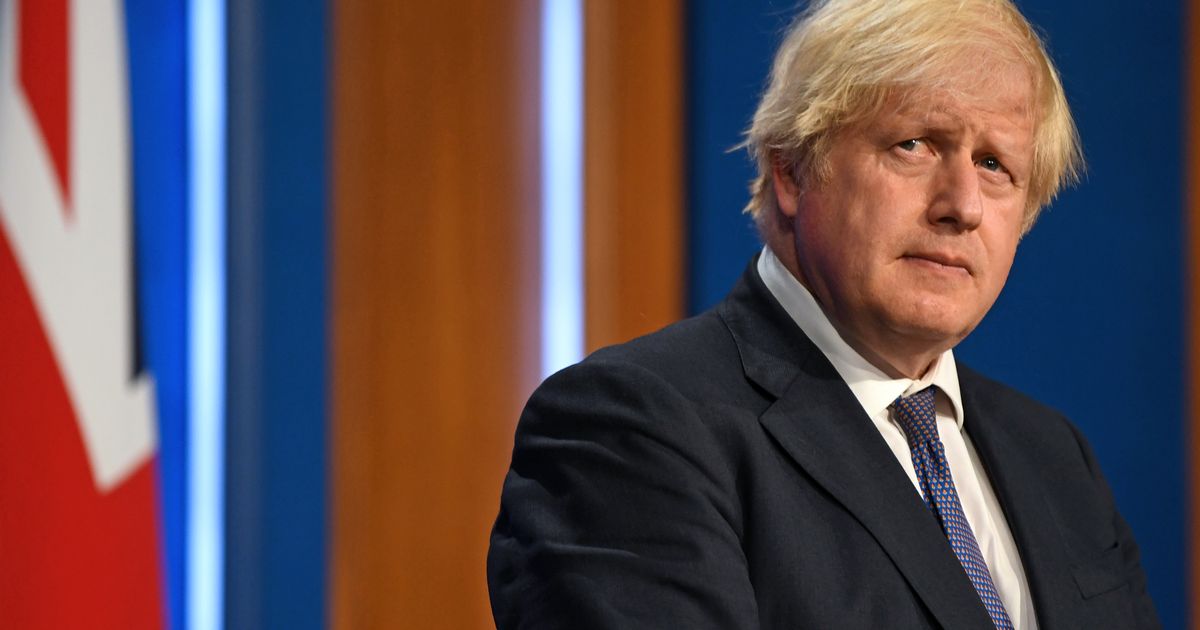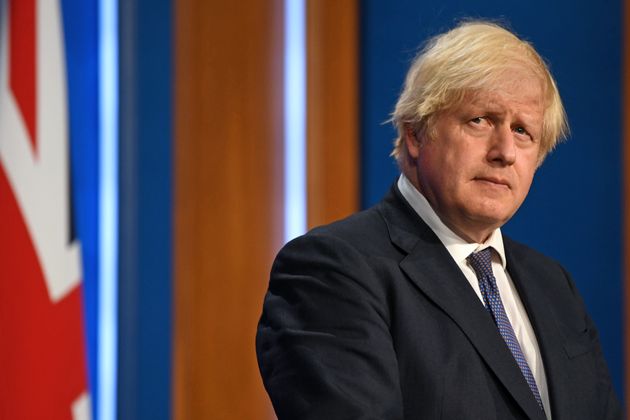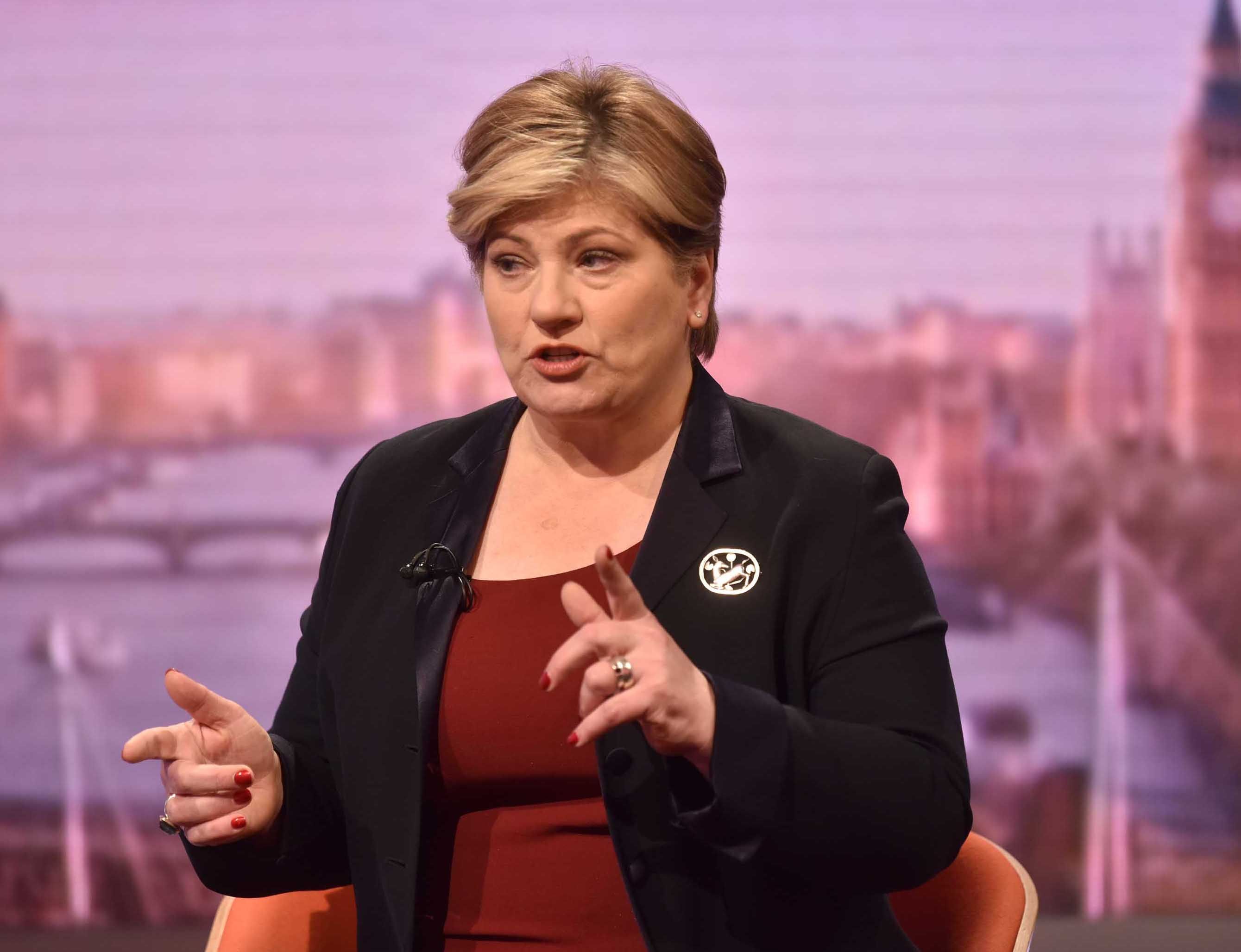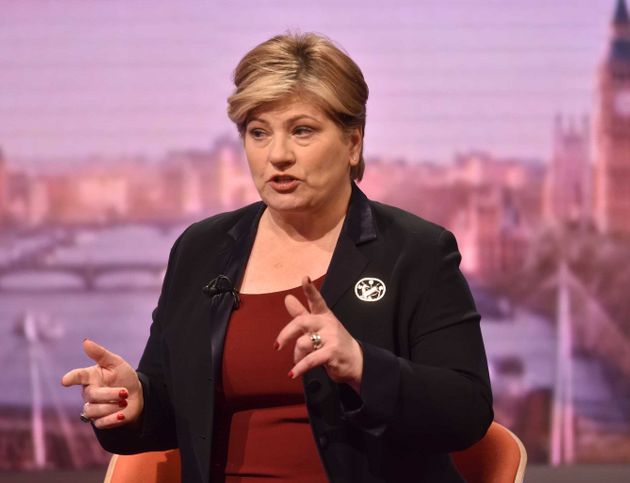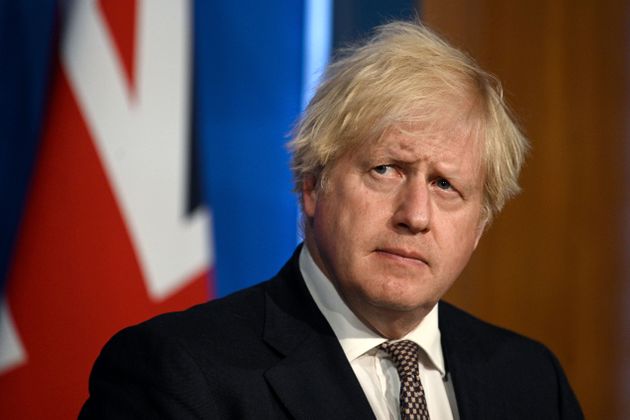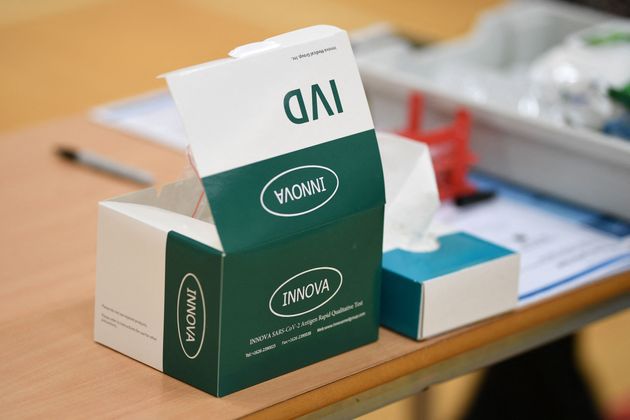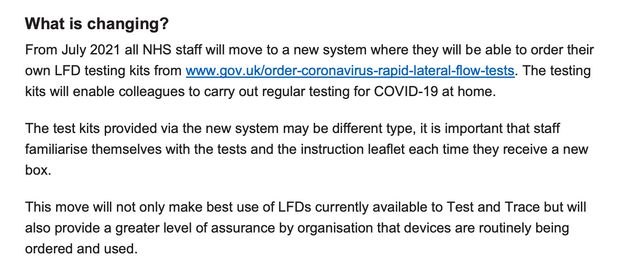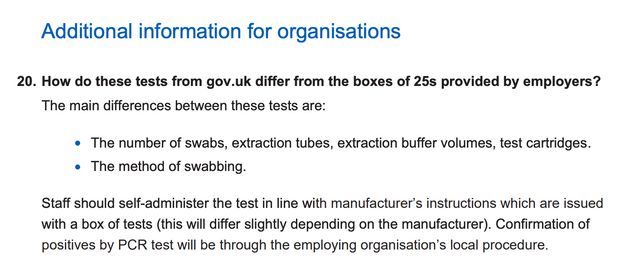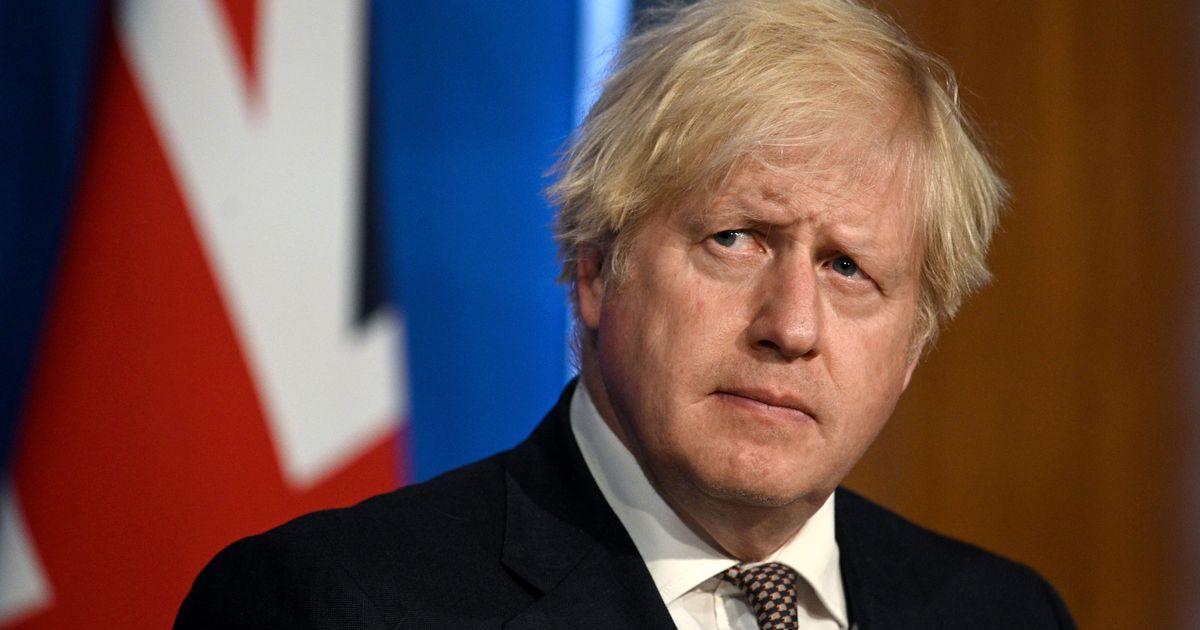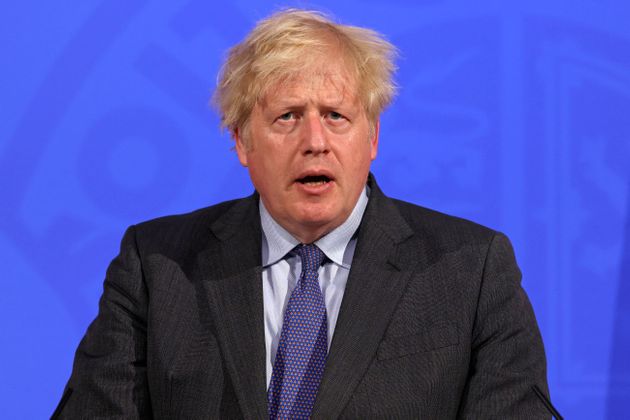The pandemic has been an undeniably tough time, leaving many people wondering when life will return to ‘normal’. But with more than 86% of adult Brits now having received their first vaccination, the light over the horizon isn’t just visible – it’s shining bright.
Vaccines are the most effective way to protect people from coronavirus and have already saved thousands of lives. We know that vaccinated people are far less likely to develop severe Covid-19, to be admitted to hospital or to die from the virus. What’s more, vaccinated people aren’t just protecting themselves by getting the jab, they are also less likely to pass the virus on to others.
Advertisement
Some people may feel hesitant about getting the jab, but the best way to overcome nerves is to arm yourself with as much information as possible before scheduling the appointment.
Luckily, we have done the work for you.
From how to book your spot to how you’ll feel afterwards, potential side effects and why it’s so important that you get both jabs, here’s everything you need to know about your Covid-19 vaccine appointment.

How To Book An Appointment – And What To Do If You Miss It
Advertisement
In the UK, all those aged 18 or above can book their vaccination through the NHS booking service. You can also call 119 free of charge, anytime between 7am and 11pm seven days a week.
Those who need to change the date of their appointment for any reason can easily cancel, rebook and manage bookings through the free NHS service. The same applies if you have missed your appointment and need to rebook it.
What’s more, walk-in sites will open across England this weekend too (July 16-18), where people can get their Covid-19 vaccine without an appointment. You don’t even need to provide ID or be registered with a GP.
There are also some perks (beyond the obvious protection against coronavirus). For instance, you can ‘grab-a-jab’ this weekend when you pop into Primark, while sunbathing in the park, or exploring Tate Modern, where DJ and influencer Zoe London will be performing Friday evening.
Advertisement
Here’s the most important part: one dose isn’t enough. You need to book and attend two appointments to get both doses for maximum protection.
We get it, life can get hectic – maybe you have kids or a stressful job – but the process is tailored to be easy and convenient. Put your health first.
What To Expect At And After Your Vaccine Appointment
The appointment could take place at a hospital, local GP surgery, a vaccine centre or pharmacy.
Every person is asked a series of questions before the jab is administered and handed an information pack. Equipment, including chairs, is sanitised after each person and the doctors, nurses and volunteers are required to wear masks.
In the UK, there are currently four vaccines approved for use: Moderna, AstraZeneca, Pfizer and Janssen. You don’t get to choose which one you get but there’s no need for concern, as each vaccine has gone through the same rigorous safety process and been approved by the MHRA, the regulatory body. All the vaccines are highly effective and will protect you from coronavirus.
After the vaccine is administered into your arm muscle (top tip: wear a T-shirt or top that is easy to roll up or down) you will get a vaccine record card that includes the name of the vaccine, batch number and date it was administered.
Keep this document close and bring it to the second appointment (however, do not fret if you should lose it, as your vaccinations are also logged on the NHS app, which you can download on a smartphone).
Then it’s just a prick of the needle and you’re done. You also get a fancy “I got my Covid vaccine” sticker to show off to the world – and encourage others to get theirs too.

How You Will Feel After The Vaccine
Advertisement
Most reported side effects from the vaccine are mild and short-term, lasting no longer than a week. It’s also possible that you get no side effects at all or that your experience of the first and second dose is different.
Here is a list of some of the most common side effects:
- A sore arm
- Feeling or being sick
- Feeling tired or achy
- A headache
There have been reports of extremely rare cases of blood clots with the AstraZeneca vaccine however, the MHRA – the UK’s independent regulator – and the Joint Committee on Vaccination and Immunisation (JCVI) have both stated that the benefits of the vaccine far outweigh the risks for the vast majority of adults. As a precaution though, anyone under the age of 40 is offered a Pfizer or Moderna vaccine.
If you are concerned, don’t avoid the issue altogether. Instead, read the advice on the NHS website or speak to your GP so that they can help and answer any questions.
From Allergies To Pregnancy: Is The Covid-19 Vaccine Suitable For You?
At the appointment, you will be asked a series of questions to find out whether the vaccine is suitable for you. Answer these questions honestly and openly, so the experts can recommend the right vaccine option for you.
For instance, if you’ve ever had a serious allergic reaction to a previous dose of a Covid-19 vaccine or any of its ingredients, you should not get it. Also, if you’ve ever had a serious allergic reaction in general, tell the person administering the shot before your vaccination, so that they are aware.
All pregnant or breastfeeding women over 18 can now book a vaccine. If pregnant, this will be linked to your age and clinical risk group. If you are under 40 you will only be offered Pfizer and Moderna vaccine appointments. If you are over 40 you will be asked when booking if you are pregnant and will then only be offered Pfizer or Moderna appointments as the JCVI has advised these vaccines be offered to pregnant women based on the fact that 100,000 pregnant women have had these vaccines with no safety concerns.
There is no evidence that the vaccine will affect fertility or your chances of becoming pregnant in the future, and the vaccine can’t give you or your baby Covid-19.
Advertisement
Additionally, the vaccines are suitable for vegetarians and do not contain any animal-derived ingredients.

Why You Should Get The Vaccine
Medical jargon aside, some of you might be struggling with other worries about the vaccine.
Here are some facts to put your mind at ease:
- The four approved vaccines have been tested and are safe, so people should be assured that whatever vaccine they get will be highly effective and protect them from coronavirus.
- Vaccinated people are far less likely to get Covid with symptoms. Vaccinated people are even more unlikely to get serious Covid-19, to be admitted to hospital, or to die from it and vaccinated people are less likely to pass the virus to others.
- The first dose of the vaccine offers good levels of protection, but to get maximum protection everyone must get a second dose, so we are urging all people to book their second jab through the NHS booking system
- Vaccines are helping to keep life moving. This could mean children safely hugging their grandparents, flirting in nightclubs, shaking hands with strangers, going on holidays abroad and the economy bouncing back.
But most importantly, vaccines save lives. And that’s really all you need to know.
You can find more information on Covid-19 vaccines on the NHS website or speak to your local GP and/or other medical professional.

